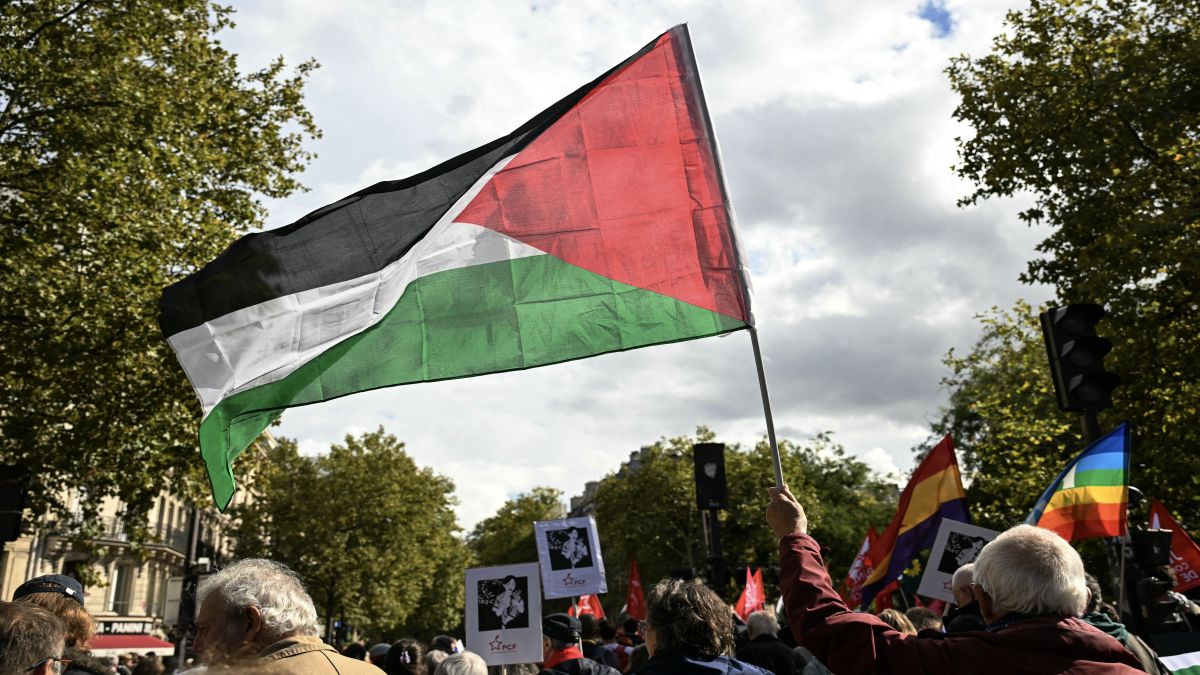Two years into the Israel war against Hamas, Britain, Australia, Canada and Portugal have recognised a Palestinian state with other countries such as France, Belgium to follow suit at the United Nations General Assembly.
With this move, at least 145 countries out of 193 UN members now recognise the State of Palestine. Notably, Algeria became the first country to officially recognise a Palestinian state on November 15, 1988, minutes after late Palestine Liberation Organisation (PLO) leader Yasser Arafat unilaterally proclaimed an independent Palestinian state.
But the move has also prompted questions — does this mean anything beyond symbolism?
Romain Le Boeuf, a professor in international law at the University of Aix-Marseille in southern France, told AFP that recognition of Palestinian statehood is “one of the most complicated questions” in international law, “a little like a halfway point between the political and juridical”.
However, there is one point on which international law is quite clear: “Recognition does not mean that a state has been created, no more than the lack of recognition prevents the state from existing.”
)